|
If you were asked the question, "What do you give?" how would you respond? Would you talk about the money you give to your favorite charity or church? Would you discuss your volunteer work at a retirement community or local YMCA? Would you mention your time as a Room Mom at your child's school or cleaning up the graves of your friends and relatives who have passed? Would you ever think to talk about giving of yourself? Cultural anthropologist Margaret Meade said, "Never doubt that a small group of thoughtful committed citizens can change the world. Indeed, it is the only thing that ever has." When floodwaters from the Red River devastated almost 90% of the towns of Grand Forks, ND, and East Grand Forks, MN in 1997, Joan Kroc, widow of McDonald's founder, Ray Kroc, saw an opportunity to give of herself. She donated over $15 million and asked town officials to allocate $2000 to each family impacted by the flooding. She further requested the local government to cut through the red tape to distribute the money as quickly as possible and requested her donation remain anonymous. Please watch the video below to learn more about another woman, Elizabeth Noyce, who also gave of herself to help the people of the state of Maine. Also, leave me a comment about how you give of yourself and how the contributions you have made positively impacted the lives of others. What does it mean to belong? Would you tell me about your family, or your job, or your softball team? Would you describe your relationships with your friends, your colleagues, or your God? Would it ever occur to you that before you can belong to something external, that you need to have the courage to belong to something internal, like yourself? That your value and worth are not something to be negotiated with another person but are defined by you. That in order to truly belong to yourself, sometimes in life, your values, morals, and beliefs, will cause you to stand apart from society. According to an article written for Making Work Absolutely Human (Hancock - 3/28/2019), belonging means a place where you fit in, and a feeling of attraction for a particular place. "Belonging is the space where you can be yourself, thrive, and feel good." But why is belonging important? According to Hancock, being part of something gives us: - A connection to how we are designed as humans. - The ability to become our best selves. - Protection for our well-being. There are many reasons to belong to groups and organizations that we believe make us better. But we need to continually evaluate those alliances and relationships to ensure they are congruent with what we value so we aren't blindly following an association because we always have. Check out the video below from social scientist, Brene Brown about what it means to have an intimate sense of belonging to yourself. Also, please leave me a comment about your thoughts on what it means to belong. Please check out my latest audio recording from the What Is Manly? Podcast With Damian Andrews. You can listen to the podcast by clicking on the AUDIO PODCASTS & RADIO INTERVIEWS button at the top of this page, then click on the PODCAST INTERVIEWS tab and scroll down and click on the What Is Manly? Podcast tab.
New Audio Recording Available From The For Better Self & Net Worth Podcast With Ella Catherine6/8/2023 Please check out my latest audio recording from the For Better Self & Net Worth Podcast With Ella Catherine. You can listen to the podcast by clicking on the AUDIO PODCASTS & RADIO INTERVIEWS button at the top of this page, then click on the PODCAST INTERVIEWS tab and scroll down and click on the Better Self & Net Worth Podcast tab.
Please check out my latest YouTube recording from the Miles To Million Podcast with Karan Marwah. You can watch the podcast by clicking on the PODCAST & SPEAKING VIDEOS button at the top of this page and scroll down and click on the Miles To Million Podcast tab.
When was the last time you did something you didn't want to do, something uncomfortable? Our brains are hard-wired to avoid pain and discomfort and to seek pleasure. To the brain, the status quo, the way things are is comfortable and familiar and should be left alone. But the only way we are going to grow, the only way we are going to improve, the only way we are going to get better is to step outside our comfort zones and do things that make us uncomfortable. According to an article in Psychology Today (Campbell - 6/21/2022), we can derive positive benefits from doing things that make us uncomfortable, such as: 1. Embracing feelings of discomfort can lead to more growth, motivation, and well-being. 2. Embracing discomfort makes a person more likely to be motivated to learn about opposing views. 3. Those who embrace discomfort are more likely to take creative risks in problem-solving and find meaning in difficulty. 4. If we embrace discomfort rather than thinking of it as a problem, we perform better. According to Campbell, "Often we approach the uncertainty of new experiences or challenges with doubt, fear, and anxiety. But if we view that stress and discomfort as part of our learning process and a growth opportunity, then we will experience more positive emotions..." Please watch the video below to learn more about the importance of moving outside our comfort zones so we can attempt something we are passionate about. Also please leave me a comment about a time when you stepped outside your comfort zones and what benefit you obtained from that action. |
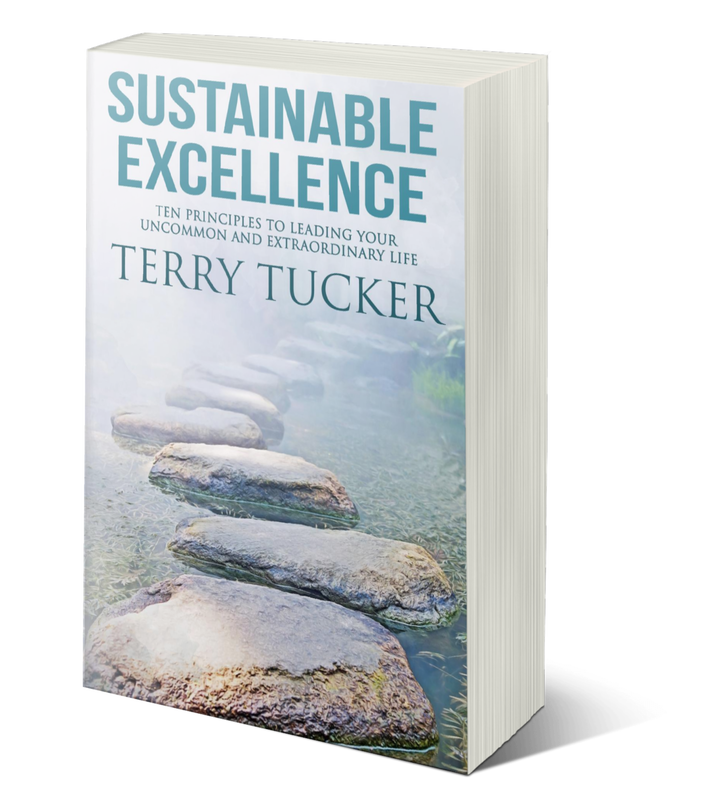
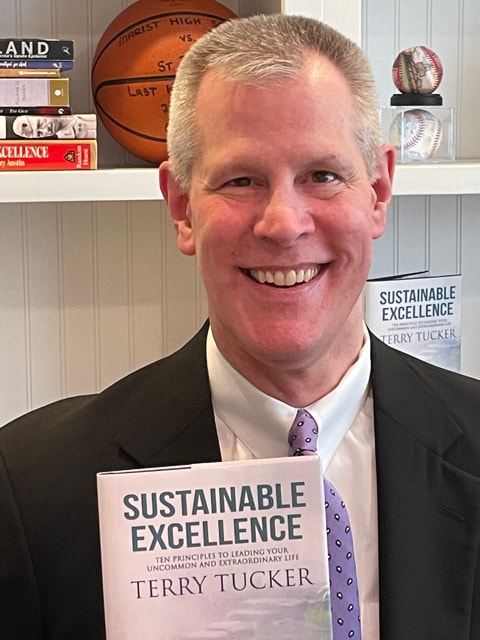
Author & SpeakerTerry is a sought after speaker who believes in the power of a story to motivate, inspire, and help others lead their uncommon and extraordinary lives. By combining his twelve-year cancer journey with his diverse business, athletic coaching, and hostage negotiating expertise, he delivers compelling yet relatable presentations for conferences, on-line events, panels, meetings, and seminars. Archives
July 2024
|

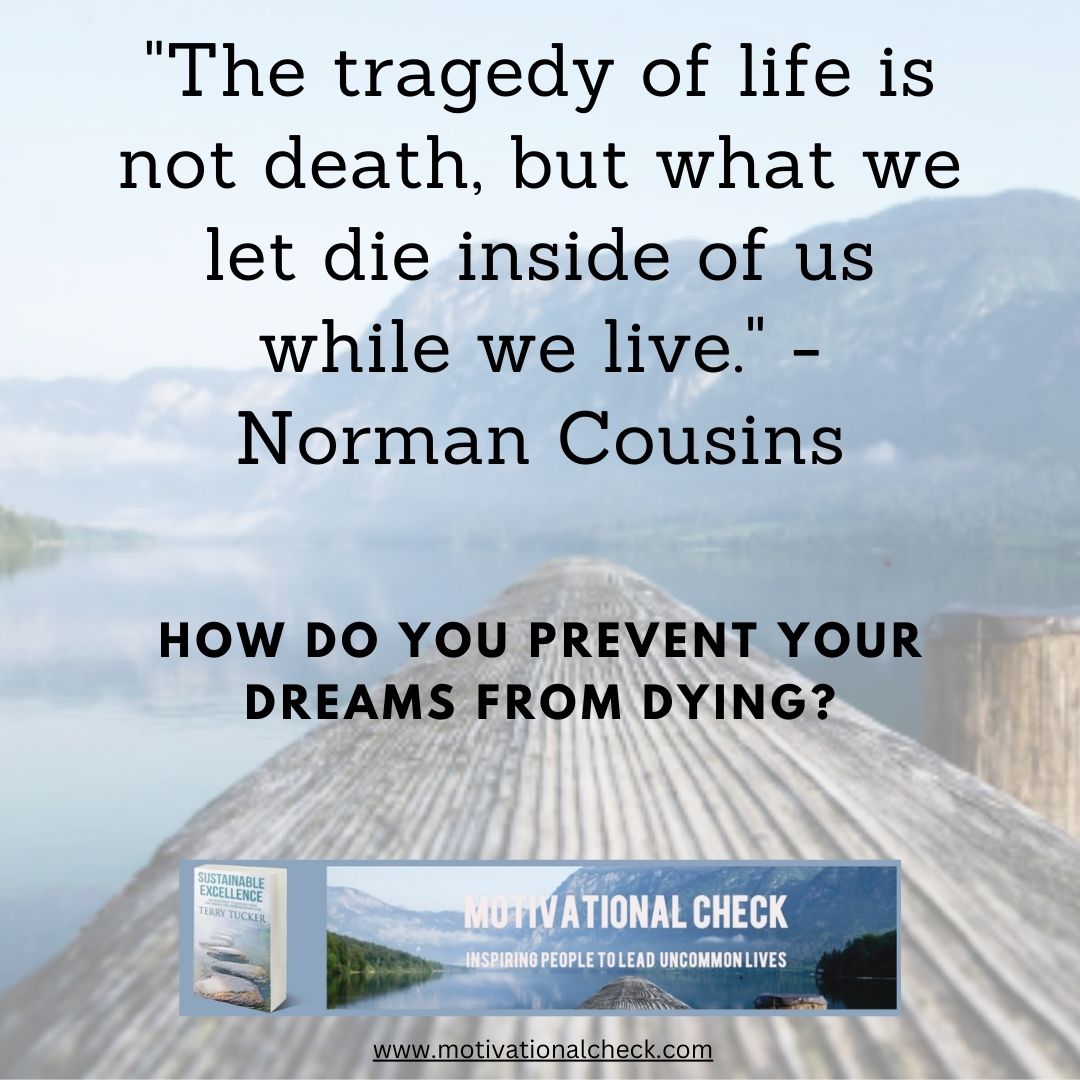
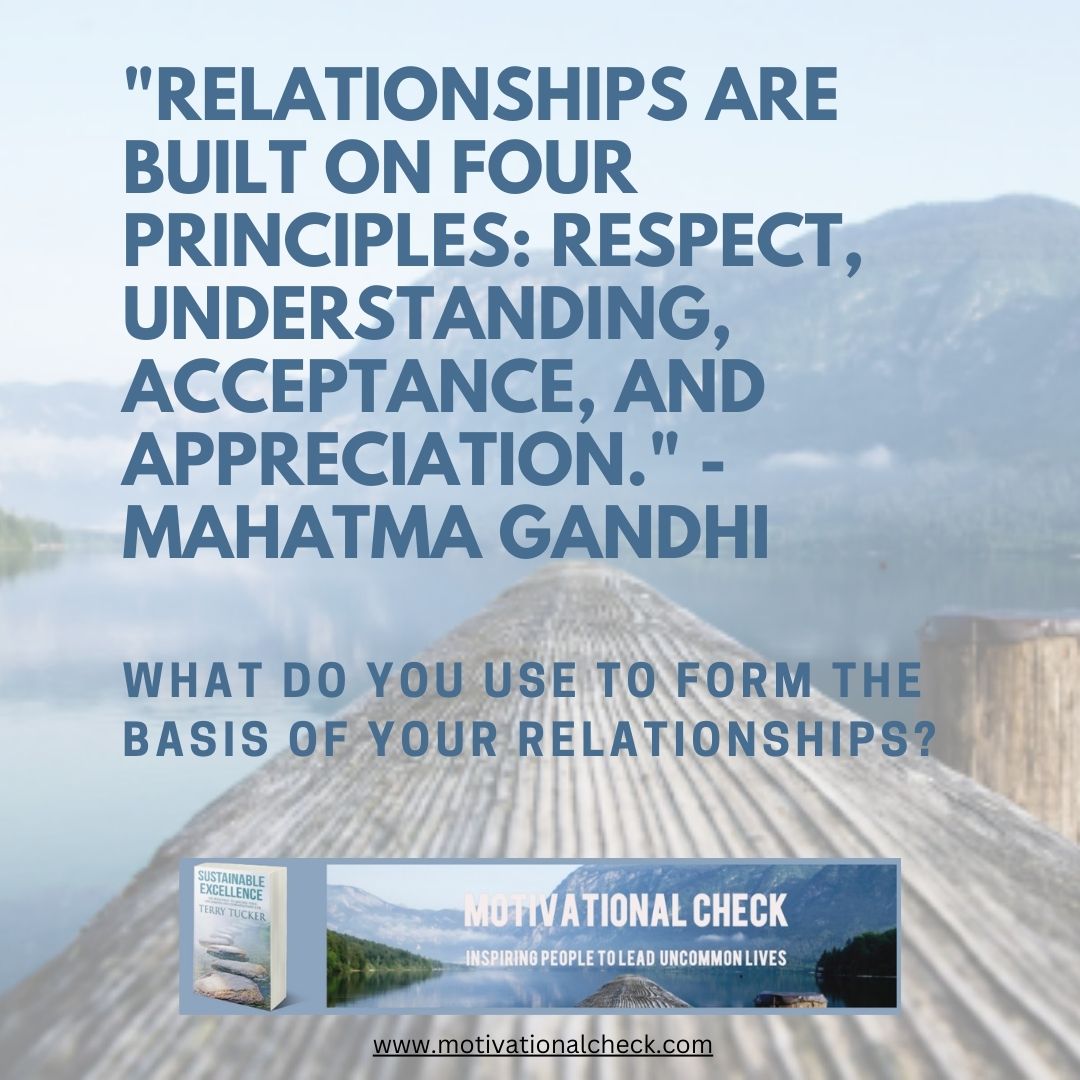
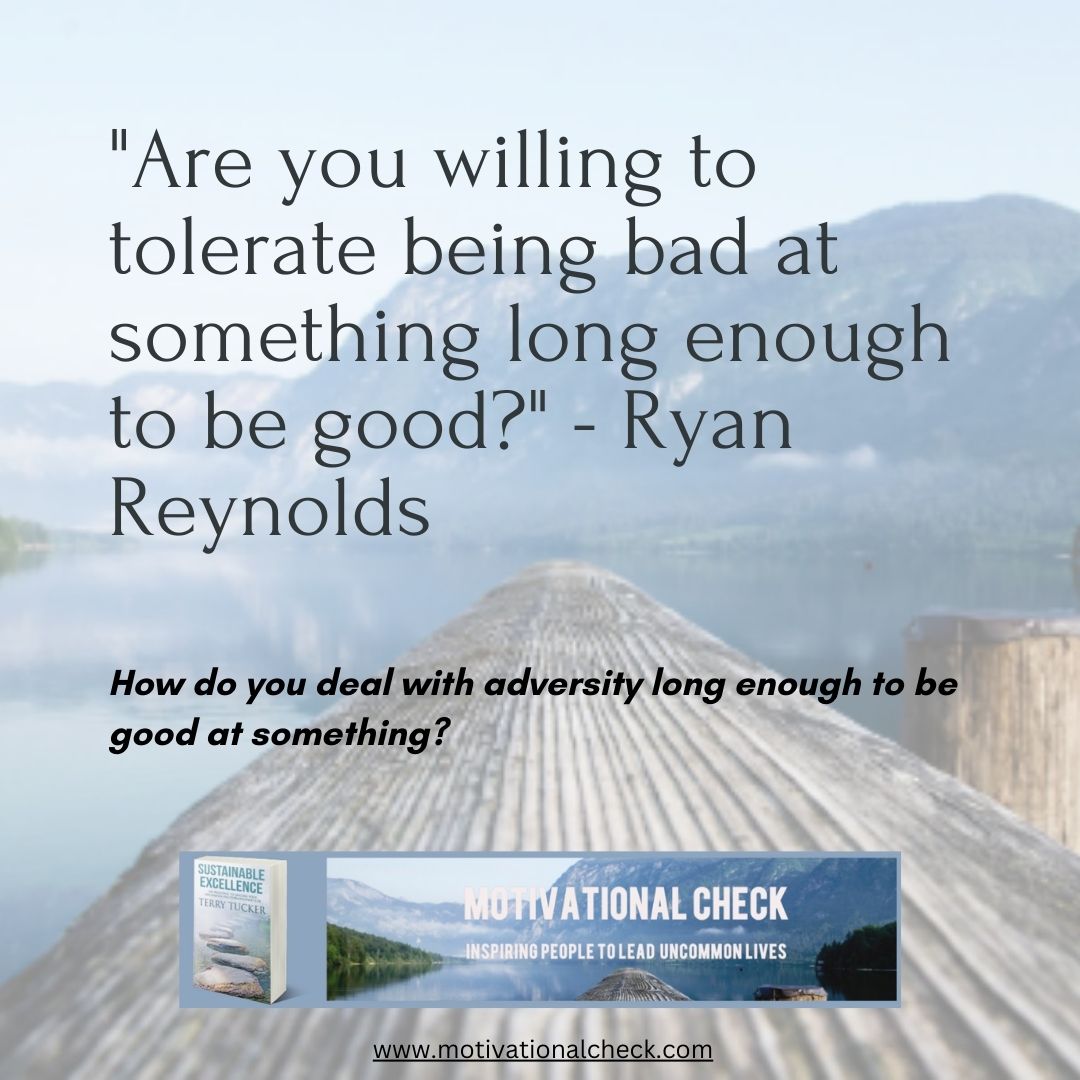
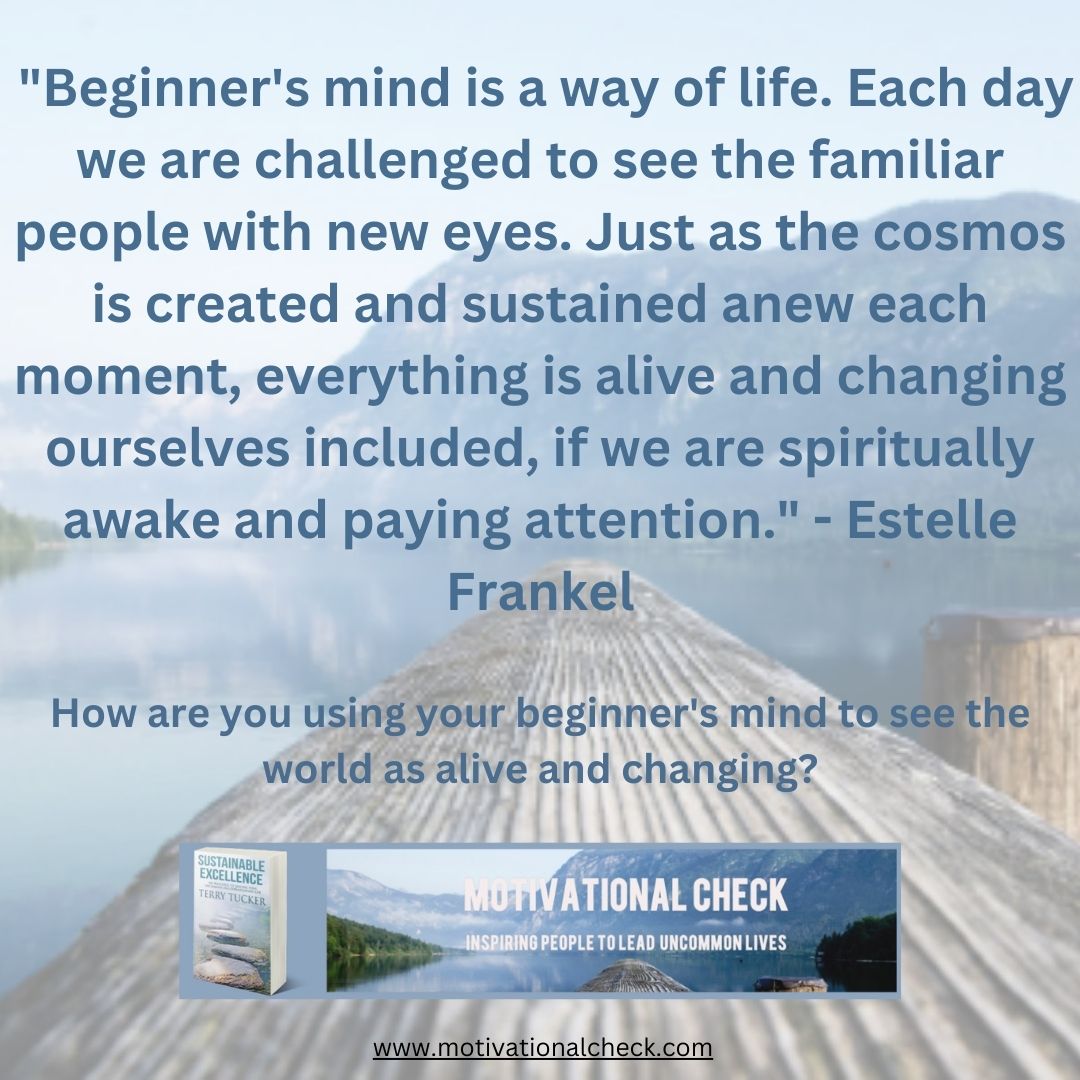
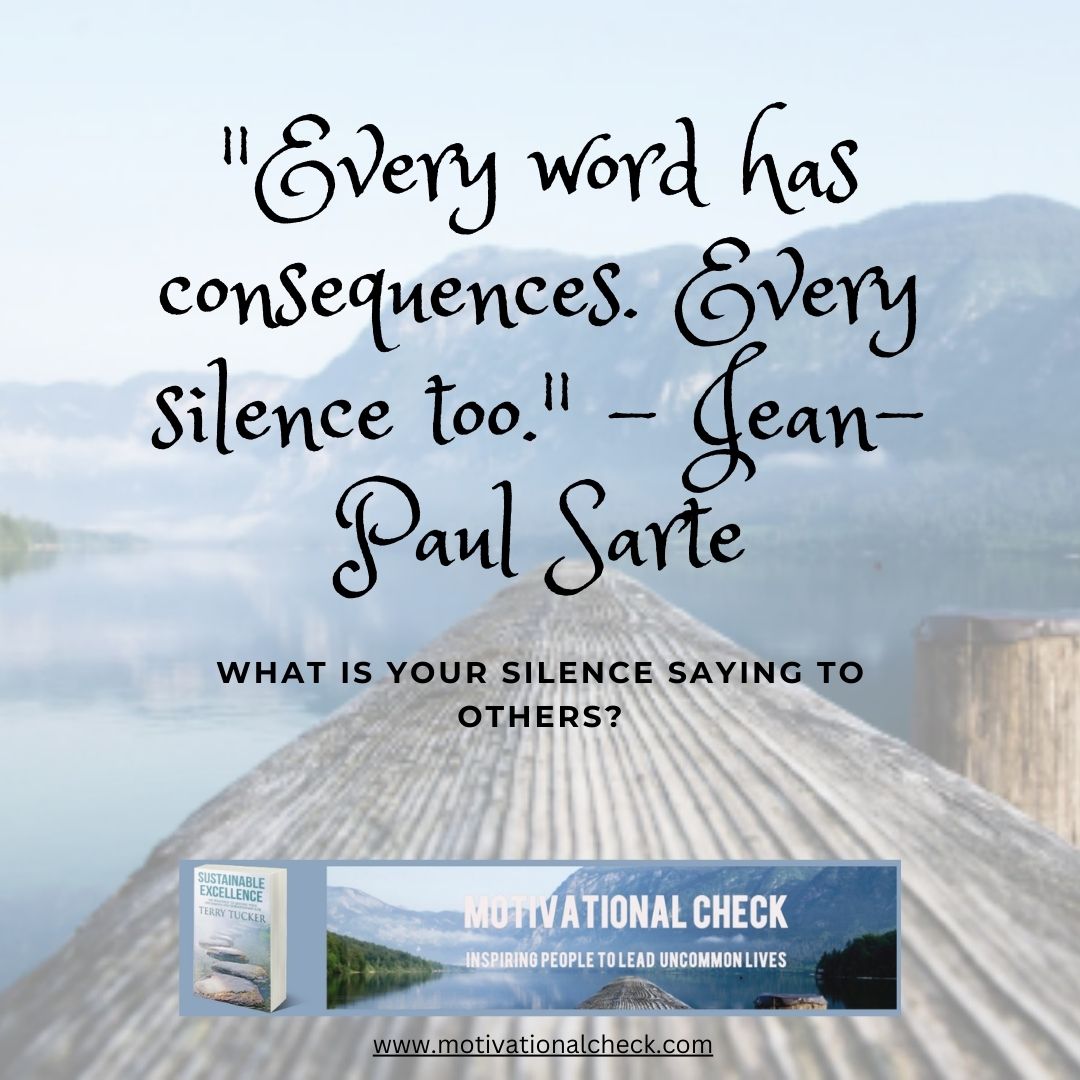
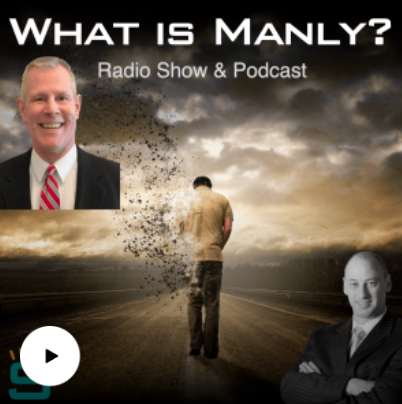
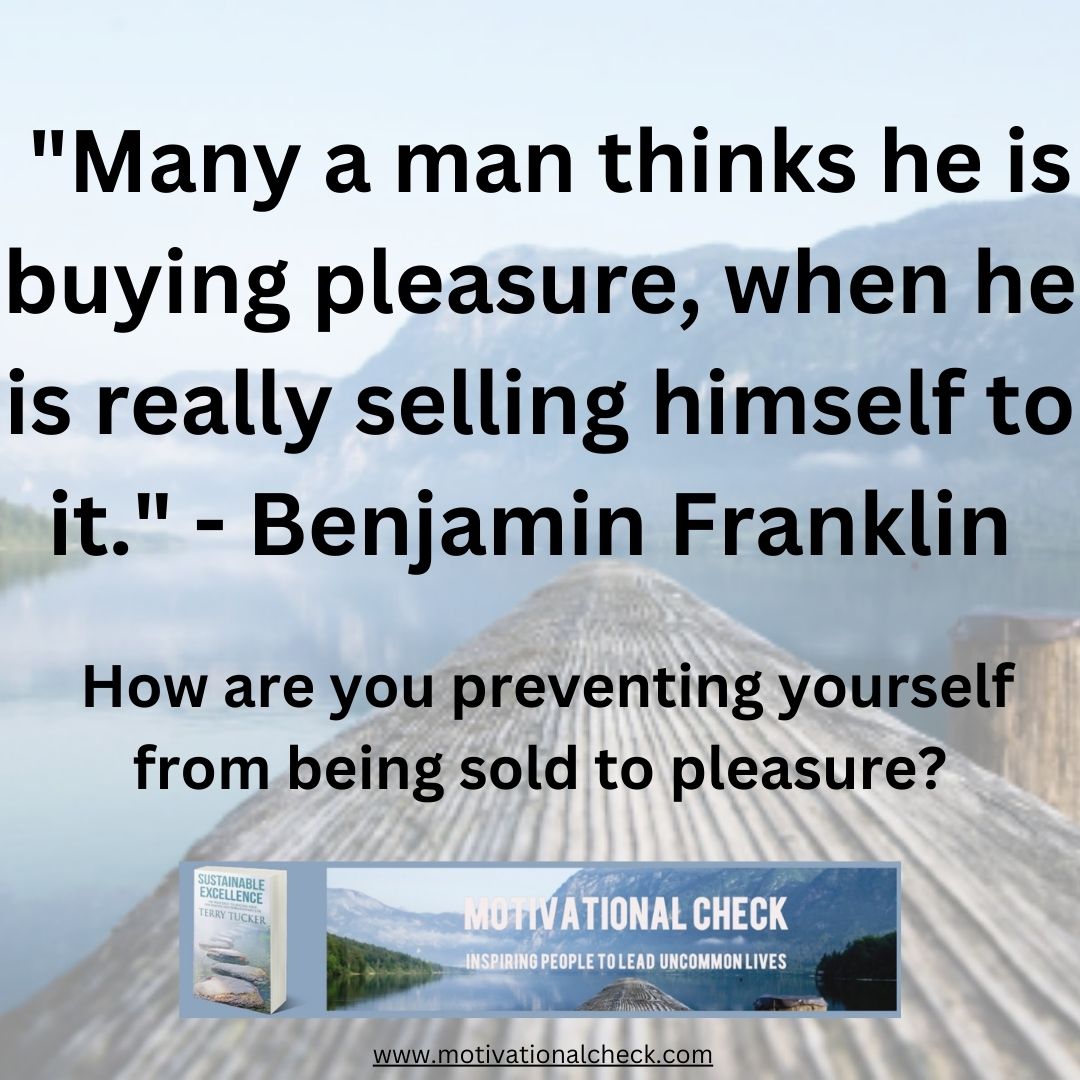
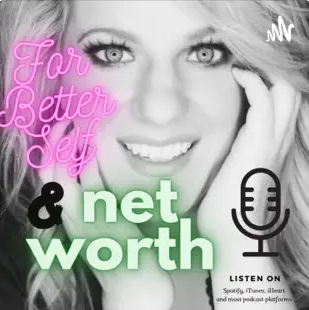
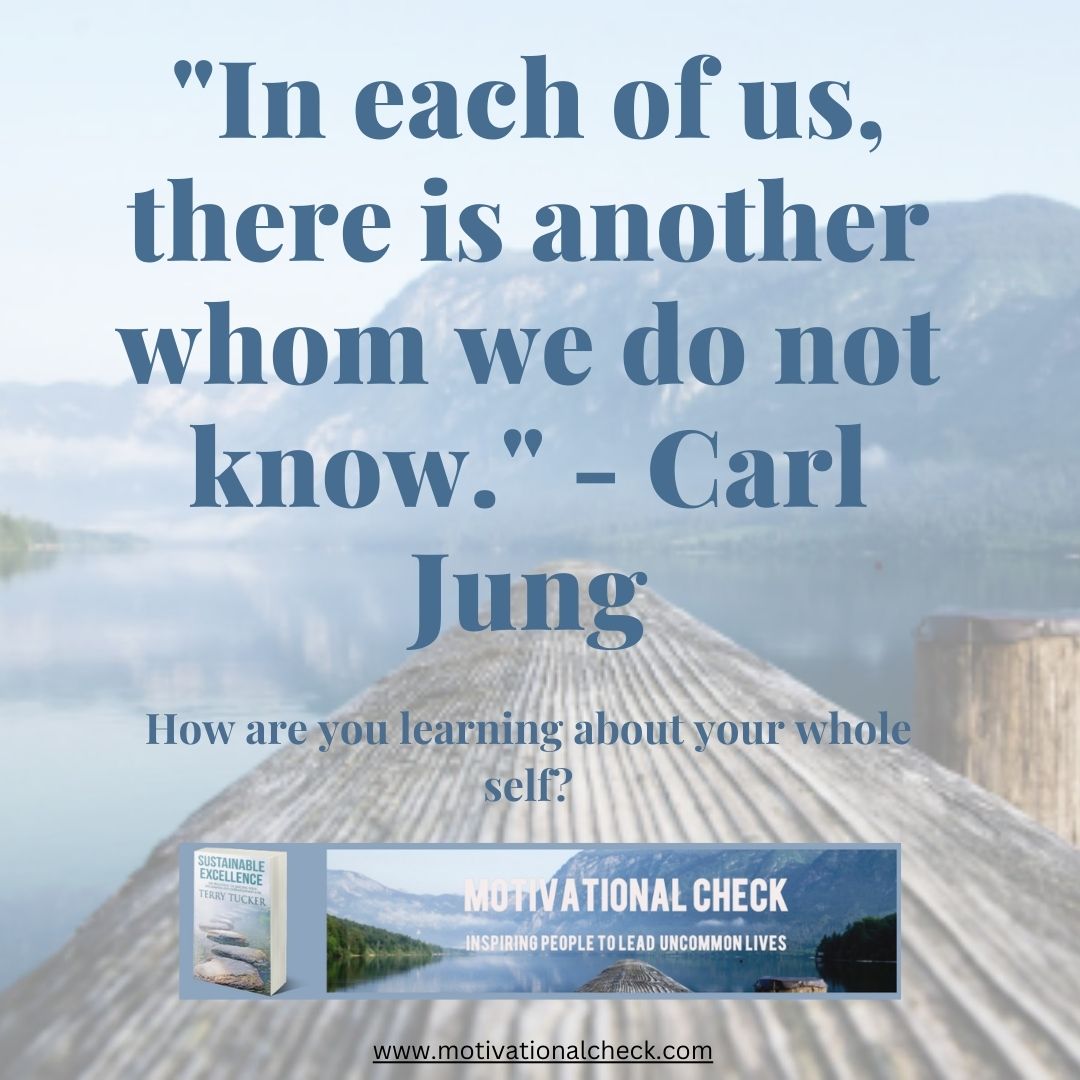
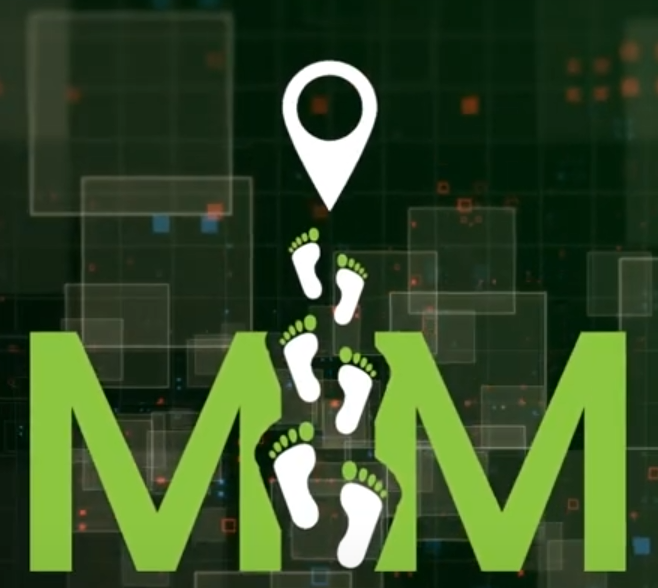


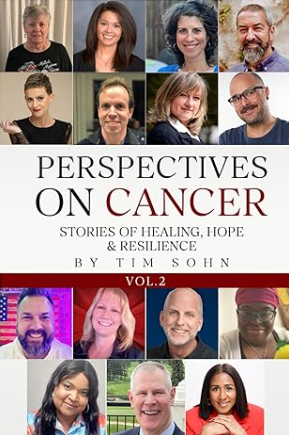
 RSS Feed
RSS Feed